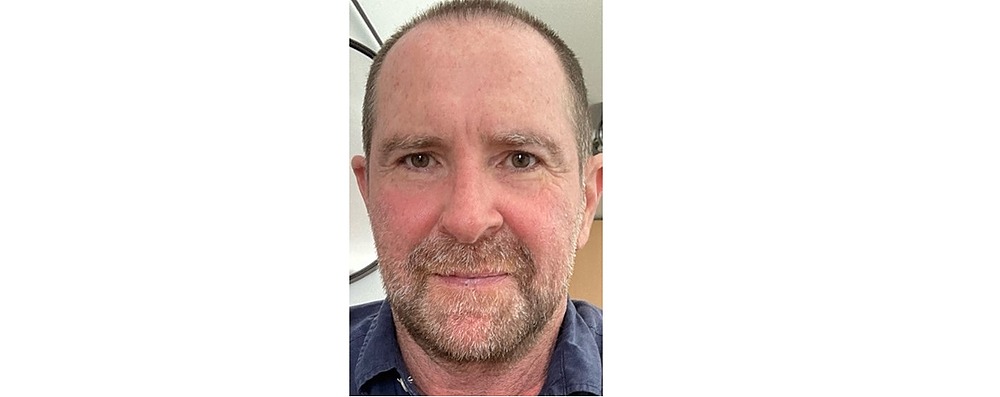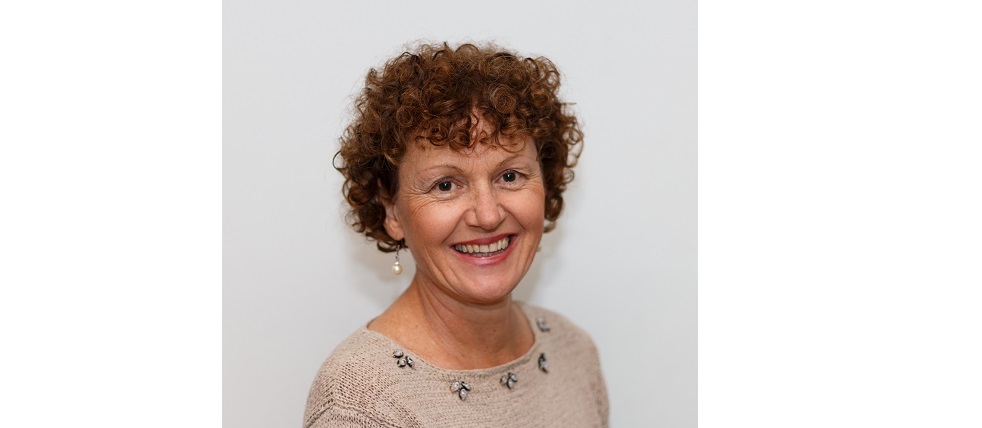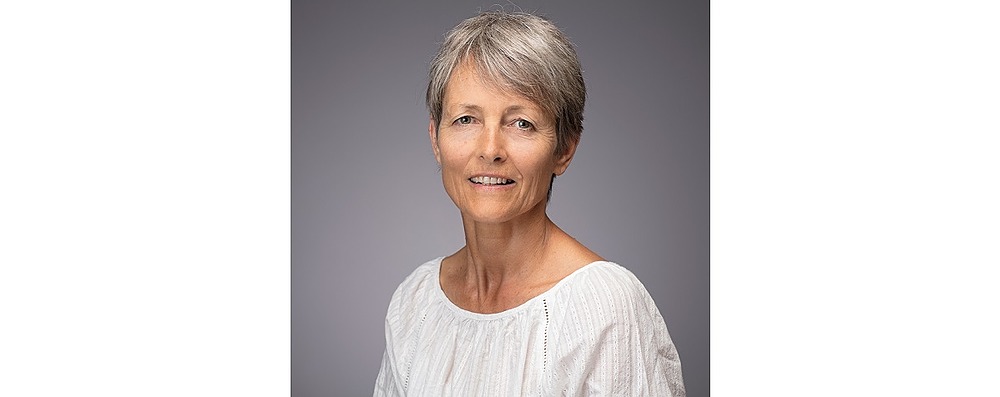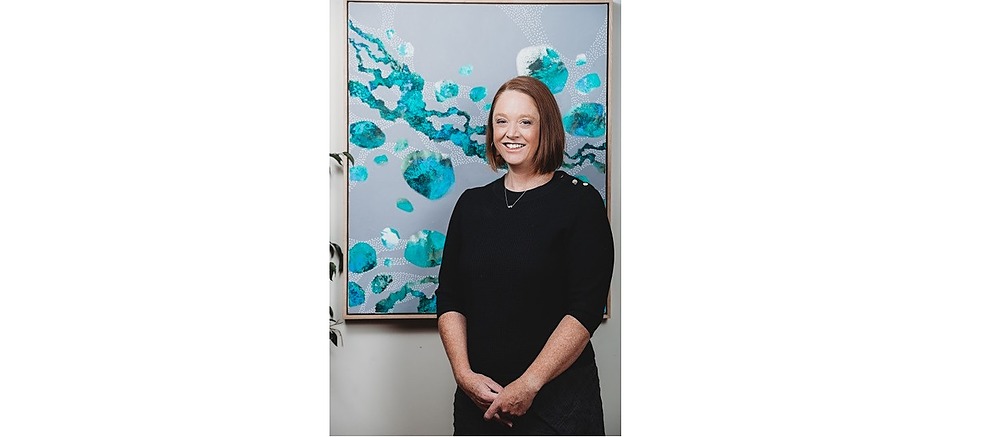Recordings of The Chronic Pain Symposium 2022
Event description
Where: Online
CPE: 6 CPE points
Access: Recordings can be watched at any time.
The Chronic Pain Symposium 2022
Specialisation in treating chronic pain is perhaps the busiest for all bodyworkers, as holistic bodywork modalities are highly efficacious in helping those with chronic pain get relief fast.
The Chronic Pain Symposium will provide a unique opportunity for bodywork practitioners to learn the ways in which they can come together to assist the endemic numbers of chronic pain patients on a day-to-day basis.
It will focus on how practitioners can address chronic pain through a holistic bodywork lens with a multi-disciplinary team of experts sharing their knowledge and experience in chronic pain management.
The program features high profile speakers who will explore topics focussing on chronic pain management from the perspective of remedial massage, myofascial release, osteopathy and reflexology.
Join Michael Solano, Irene Tasho, Conny Pulvermacher, Carlos Kaiser and Alison Sim; as they host this full day workshop for bodyworkers.
Session topics include:
- Circulation & Chronic Pain
- Reflexology and Chronic Back Pain
- Chronic Pain in Post-Concussion Syndrome (PCS)
- Unravelling Contributing Factors of Chronic Pain
- Foundations of Pain Science
Speakers and Sessions

Presenter: Michael Solano, Osteopath
About Michael Solano:
Michael has been in practice as an Osteopath for 30 years. He studied Human Movement and Psychology at Melbourne University and worked as a secondary school teacher for four years.
Michael finds the study of anatomy and physiology endlessly fascinating. He has also been fortunate enough since 2005 to have been studying embryology with Dr Brian Freeman, a retired Associate Professor of anatomy from the University of New South Wales.
Michael has been involved in postgraduate teaching for 20 years with interest in understanding circulation at a cellular level, and a whole-body level. There is so much in suffering that relates to somatic dysfunction. This is an Osteopathic concept that Michael teaches, which needs to be understood broadly by other professions. Somatic dysfunction is when tissues lose their ability to express healthy normal motion in the context of their surroundings.
Session: Circulation & Chronic Pain
Session overview: In this session, Michael will review the anatomy and physiology of microcirculation.
The focus will be on areas that are vulnerable to poor circulation and how this may contribute to disease. One of the best ways to understand these principles is by what happens in nature, in which a healthy flow of water nourishes and cleanses. If you were to find a stagnant pool of water you would not drink from it, and if you did, you would suffer. Our cells are the same. The exchange between the extracellular matrix and intracellular matrix requires constant renewal, beginning with the veinous drainage.
Michael will discuss how chronic pain can be caused by poor posture, anatomical variations and gut dysfunction, which combined can cause blockages in the left renal vein as well as congestion in tissues distal to that vein. He will discuss how this can assist in the investigation of diseases such as endometriosis, cystic ovaries, constipation dysmenorrhoea, amenorrhoea (in terms of healthy circulation), and how this kind of pain is likely to have a neurovascular component. Intervascular communication will be also introduced to help us understand the importance of healthy flow of fluids.

Presenter: Irene Tasho, Reflexologist and business owner
About Irene Tasho:
Irene’s many years as a Ballet dancer and teaching dance has given her a unique understanding of the structure and function of the body which has helped her in her work with clients and also in teaching the body systems and their application in Reflexology.
As well as being the Owner and Practitioner of Sole to Soul Reflexology in Wahroonga, established in 2008, Irene has volunteered as a reflexologist at the San Hospital in the maternity ward and at the Cancer Support Centre for seven years. She has now been volunteering at Bear Cottage (Palliative care and respite centre for children) for two years.
In 2016, Irene was appointed Principal of The Australian School of Reflexology and where she is also their main trainer and facilitator. Irene has presented workshops at Association meetings, spoken at networking events and has also taught Reflexology Basics in Brazil.
Irene is passionate about spreading the awareness and the benefits of reflexology and seeing it being used more widely in the community.
Session: Reflexology and Chronic Back Pain
Session overview: Reflexology can be very effective in reducing the severity of chronic back pain, whether it originated from challenging childhood experiences which have caused them to feel unsafe and going into a protective mode, an injury, underlying pathology or stress.
It is based on the principal that the feet and hands mirror the body and have all the organs, glands, muscles and bones mapped out on them. Therefore, a reflexologist will not only be able to identify the location of pain but most importantly calm the nervous system and the brain helping to reduce the pain response, rewiring the neural pathways and giving the client a better sense of well-being and enjoyment of life.
In this session, learn from Irene how to apply these principles.

Presenter: Conny Pulvermacher, Clinical Practitioner, Yoga Teacher and Holistic Health Educator
About Conny Pulvermacher:
Conny Pulvermacher has been a Clinical Practitioner, Yoga Teacher and Holistic Health Educator for nearly 20 years. She holds qualifications and has undergone training in bodywork, nutrition and yoga, specialising in craniosacral therapy (biodynamic and structural).
Conny has developed an integrative approach to therapeutic practice combining the non-invasive approach of craniosacral therapy with myofascial release, positional release, acupressure, kinesiology and remedial massage to facilitate the integration of experience at multiple levels.
She structures nutritional advice and movement therapy as additional tools to empower clients with self-help ability within the rhythm of everyday life. Conny has taught a range of integrative workshops focussing on holistic health, seeking balance through a better understanding of the interface of human anatomy and physiology with thoughts and emotions and the support that good nutrition, supportive movement and meditation can offer to that interface.
Session: Chronic Pain in Post-Concussion Syndrome (PCS)
Session overview: This presentation explores the multi-layered conditions which present with post-concussion syndrome (PCS). These conditions are frequently misunderstood and therefore inappropriately treated, potentially leading to an over-consumption of medication, which often does not adequately treat the debilitating chronic pain patterns associated with this syndrome.
Relational touch techniques utilised in integrative bodywork and particularly in craniosacral therapy offer a different treatment perspective and approach for PCS through the engagement of fascia, dura and the healing potential of the body’s fluids. Inertial fulcra within the central nervous system itself are addressed through the engagement of structure and function. Case studies and a wide field of research is analysed to ascertain the clinical potential of this paradigm shift in the treatment of PCS and its chronic pain manifestation.

Presenter: Carlos Kaiser, Myotherapist and Remedial Masseur
About Carlos Kaiser:
Carlos is dedicated to achieving and maintaining optimal health and wellness with his clients as a Myotherapist and Remedial Masseur. He holds a list of formal qualifications and trainings across modalities such as myotherapy, remedial massage, traditional Chinese medicine & massage, massage therapy practice, acupressure, Swedish massage, sports massage, Trigger Point Therapy and Neuromuscular Physiology.
For more than 20 years Carlos has managed his own multi-modality practice and has had several years of experience in the successful provision of manual therapies with a focus on Remedial, Sports and Oriental Therapies, which can provide effective treatments of sports or work-related injuries. He also applies remedial principles to functional issues that may be creating pain, resistance or dysfunction while offering techniques to provide general stress relief.
Carlos has significant experience lecturing for Registered Training Organisations in training and assessment, training and assessment design and development, and RTO compliance. He has also served on the executive and as honorary committee member for professional association bodies and continues to develop and deliver training continuing education workshops for practitioners.
Session: Unravelling Contributing Factors of Chronic Pain
Session overview: Chronic pain is commonly referred to as an “invisible illness” because it is often difficult for family, friends, and even health care practitioners to recognise or see when someone is living with a chronic condition and experiencing symptoms of debilitating pain and fatigue.
Recent advances in imaging of the brain, and the acceptance of the phenomenon of neuroplastic pain reveals that chronic pain is “real”.
During this session, Carlos discusses some of the chronic pain cases from his myotherapy practice and how to address what we can do to unravel the different contributing factors. Carlos will also talk about the importance to develop contextualised strategies to diminish it with the aim to reverse the trajectory of central sensitisation.
He also describes how conducting weekly movement sessions to chronic pain, injured and stroke participants further enabled their proprioception, function, and ease of movement and how embracing team-based multi-disciplinary approach between medical, allied health and traditional medicine practitioners can also achieve positive outcomes.

Presenter: Alison Sim, Osteopath
About Alison Sim:
Alison qualified as an osteopath in 2001. She has a Masters of Pain Management from Sydney University Medical School and Royal North Shore Pain Management Research Institute.
She has lectured at Australian Catholic University, Victoria University, RMIT and George Fox University in a variety of science and clinical subjects. She teaches communication and pain management strategies to post graduate clinicians.
She has also worked as part of the teaching team at Deakin University Medical School and is currently based in Melbourne, Australia. Alison is currently undertaking a PhD with the University of Sydney on topics of pain management and prevention.
Session: Foundations of Pain Science
Session overview: Chronic pain is common, costly and intrusive for individuals, families and the Australian economy. Understanding why chronic pain develops at a neurological level can help clinicians to better understand pain and help their clients.
In this two part presentation we will cover the physiology of acute to chronic pain transition and the factors that make this process more likely to develop. This understanding gives us a solid platform to discuss chronic pain throughout the day’s presentations and ensures we have a common understanding of modern pain science and it’s implications for treatment and research.
In the second part, we will review what the latest research tells us about how our communication with people in pain can be the single biggest tool in our toolbox for helping people to overcome pain related worry and disability. We will review what is known to be helpful and how you can learn more about these strategies for your own clinical practice.
Tickets for good, not greed Humanitix dedicates 100% of profits from booking fees to charity


